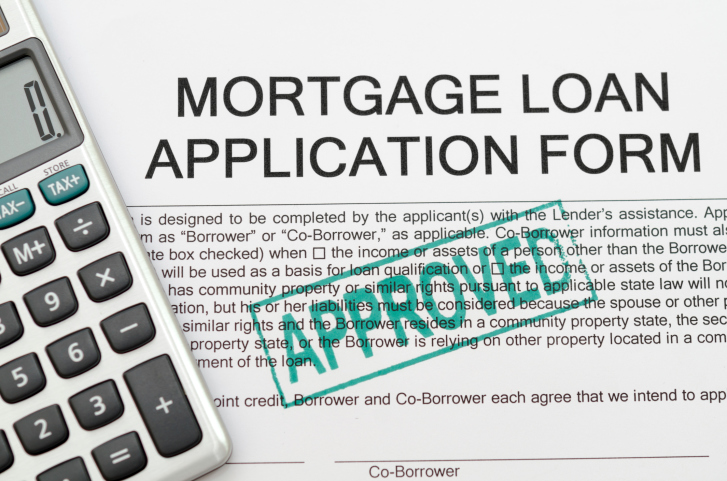 Finding a proper mortgage loan and understanding the processing procedures behind the loan is the basis of good research. The down payment on a mortgage loan is typically significant when dealing with mortgage insurance.
Finding a proper mortgage loan and understanding the processing procedures behind the loan is the basis of good research. The down payment on a mortgage loan is typically significant when dealing with mortgage insurance.
Most loan applications with less than 20% down payment are required to include mortgage insurance with the loan. However, mortgage insurance may still be required even if it’s not typically required by your lender.
Underwriting Requirements
Most home mortgage applications undergo a strict set of standards for approval. These standards are known as underwriting and make up the bulk of time spent on a mortgage application. Unique situations in employment or credit history may require an additional down payment percentage to avoid PMI or private mortgage insurance.
Most underwriting requirements require adequate information on the borrower’s credit and employment history for complete application. Self-employed individuals or those with alternative forms of credit may need a few additional hoops to jump through when dealing with mortgage insurance requirements.
Lender-paid Mortgage Insurance
Lender-paid mortgage insurance is a popular option with potential homeowners that seek to avoid the cost of a PMI or FHA-backed insurance on a home loan. Most lenders incorporate payment of private mortgage insurance in exchange for a slightly higher interest rate.
This is one example of the points system on a mortgage application that eliminates the cost of PMI. The increase in interest rate may or may not warrant the need for a lender-paid mortgage insurance arrangement.
What’s Involved With Risk Assessment?
Strict lending requirements and banking policy now limit the number of mortgages with zero down payment options. Conventional mortgages and FHA both require private mortgage insurance if it is less than 20% down payment. However, FHA loans can be more flexible with the initial down payment requirements with adequate credit. FHA mortgage costs are now for the life of the loan. Lenders will look at mortgage insurance as risk protection.
The risk protection process may or may not require mortgage insurance in your home loan. For example, VA and USDA loans do not usually require mortgage insurance if the borrower’s credit and employment history are adequate.
Conventional loans have a reduction in risk once there is at least 20% equity in the home compared to the principal of the mortgage. Don’t hesitate to contact your trusted mortgage professional about potentially dropping mortgage insurance in the future to reduce overall loan costs.
 When shopping for a mortgage, it is important to take closing costs into account. While some closing costs are the same for all lenders, different programs may add or reduce some of the burden borrowers face when closing on a home loan.
When shopping for a mortgage, it is important to take closing costs into account. While some closing costs are the same for all lenders, different programs may add or reduce some of the burden borrowers face when closing on a home loan. Last week’s scheduled economic reporting included readings on sales of new and previously-owned homes along with weekly data on mortgage rates and jobless claims.
Last week’s scheduled economic reporting included readings on sales of new and previously-owned homes along with weekly data on mortgage rates and jobless claims.